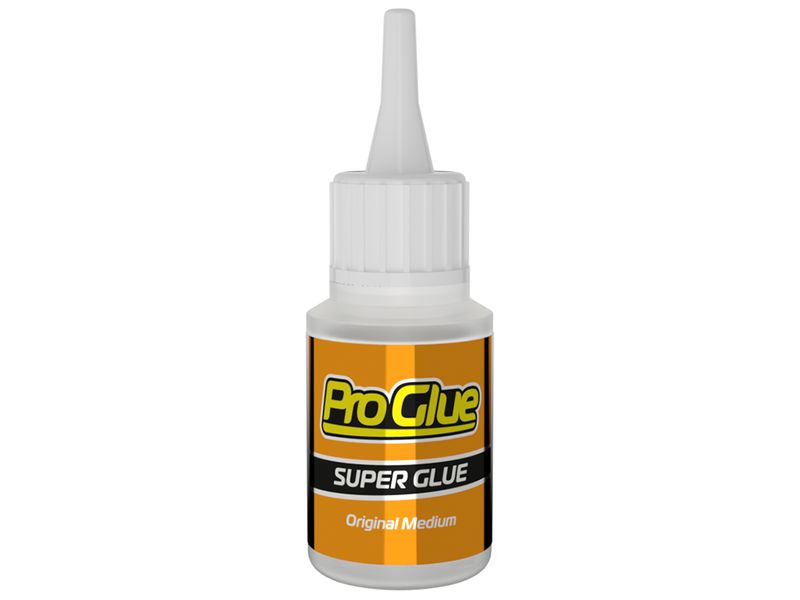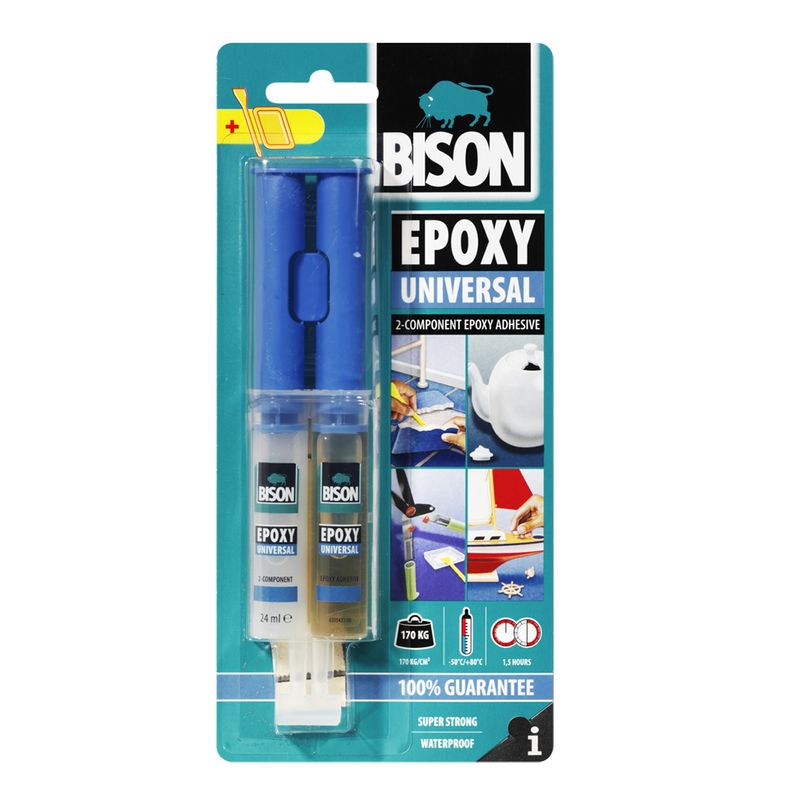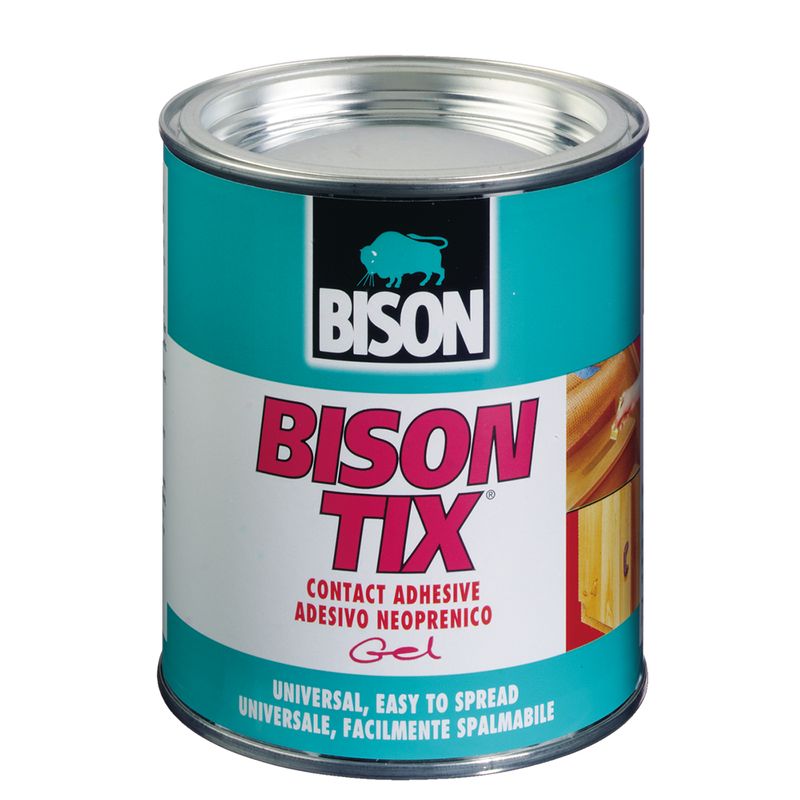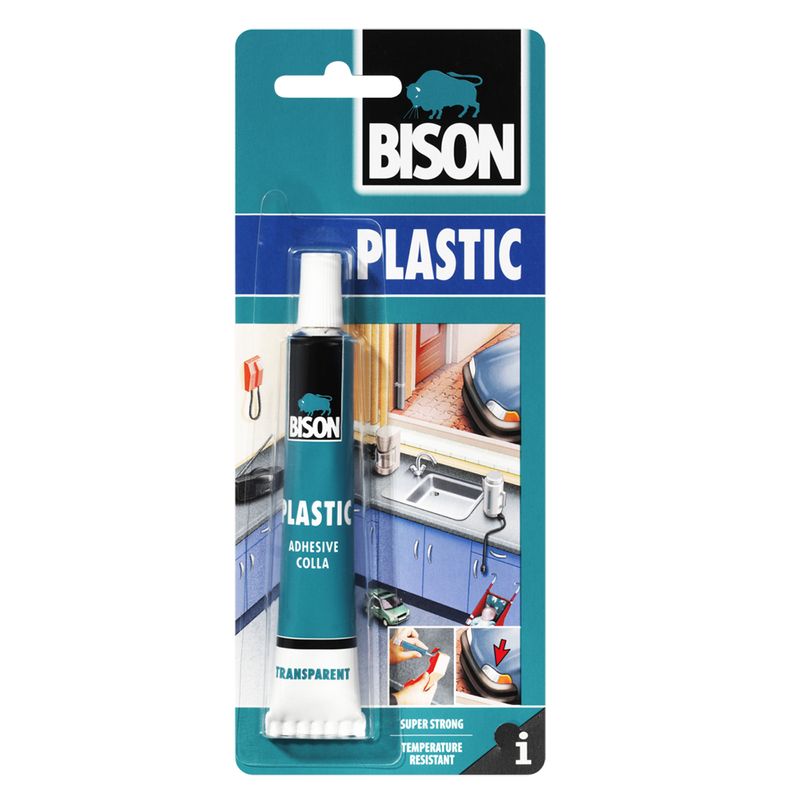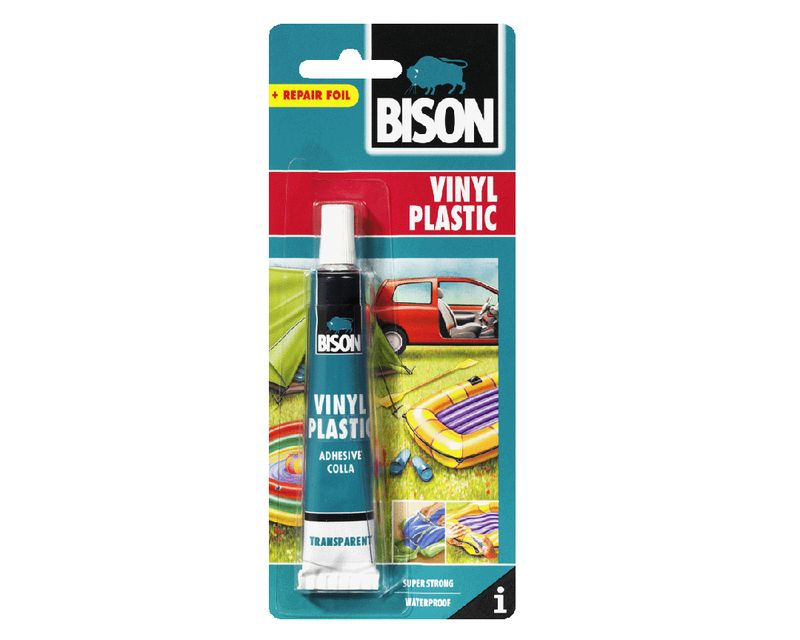Plastic Glue the Ultimate Guide
How to Choose and Use Plastic Glue and Adhesives
Introduction to Plastic Glue and Adhesives
Understanding Plastic Glue
Plastic glue, a specialized adhesive for plastic, plays a crucial role in both DIY projects and industrial applications. With a variety of formulations designed for bonding plastic, selecting the right type is essential for ensuring strong, durable connections.
There are several types of plastic glue, each tailored to different kinds of plastic and usage scenarios. Cyanoacrylate, commonly known as super glue, is ideal for quick, strong bonds but may not be suitable for all plastics. Epoxy adhesives consist of two components that, when mixed, form a strong bond capable of filling gaps, making them perfect for heavy-duty applications. Solvent-based adhesives work by softening the plastic surfaces to create a bond as they harden, providing excellent strength for specific plastic types. UV-curing adhesives are advanced glues that harden upon exposure to UV light, allowing for precise application and strong bonds.
Proper application is vital for achieving the best results. Begin by cleaning the plastic surfaces to remove any dirt or grease, which can hinder adhesion. Depending on the type of glue, you may need to sand the surfaces lightly to enhance bonding. Apply the adhesive evenly, ensuring full coverage. For solvent-based adhesives, clamp the parts together until the bond sets.
Determining the best glue for plastic depends on the specific requirements of your project. For small, quick fixes, cyanoacrylate is often sufficient. For structural repairs, epoxy adhesives provide superior strength. For specialized plastics like PVC or ABS, solvent-based glues are highly effective.
In summary, understanding the various types of plastic glue and their proper application ensures that you can achieve strong, reliable bonds for any plastic-related project.
Benefits of Using Plastic Glue
Using plastic glue offers efficient bonding plastic solutions with various types of plastic glue tailored for different needs. An adhesive for plastic ensures strong, durable connections, suitable for both DIY and industrial applications. Proper plastic glue application guarantees optimal performance, making repairs and assemblies reliable. Selecting the best glue for plastic ensures lasting results, enhancing the functionality and lifespan of plastic items.
Types of Plastic Glue
Solvent-based Adhesives
Solvent-based adhesives are among the specialized types of plastic glue that utilize solvents such as acetone, methylene chloride, or toluene. These solvents soften the plastic surfaces, allowing the molecules to intermingle and form a robust bond once the solvent evaporates. This process ensures a high-strength connection, ideal for both household repairs and industrial manufacturing.
The application of solvent-based adhesives requires careful preparation. Start by thoroughly cleaning the surfaces to be bonded, ensuring they are free from dirt, grease, or any contaminants that might hinder adhesion. Apply the adhesive evenly to both surfaces and press them together firmly. Depending on the specific product, clamping may be necessary to maintain pressure while the bond sets and the solvent evaporates.
For projects involving rigid plastics like PVC pipes or ABS components, solvent-based adhesives are often considered the best glue for plastic. They offer unparalleled strength and durability, making them ideal for applications requiring long-lasting and reliable bonds. Whether for plumbing, automotive, or model-making, solvent-based adhesives provide a versatile and effective solution for bonding plastic.
Types of Plastic Glue: Solvent-based Adhesives
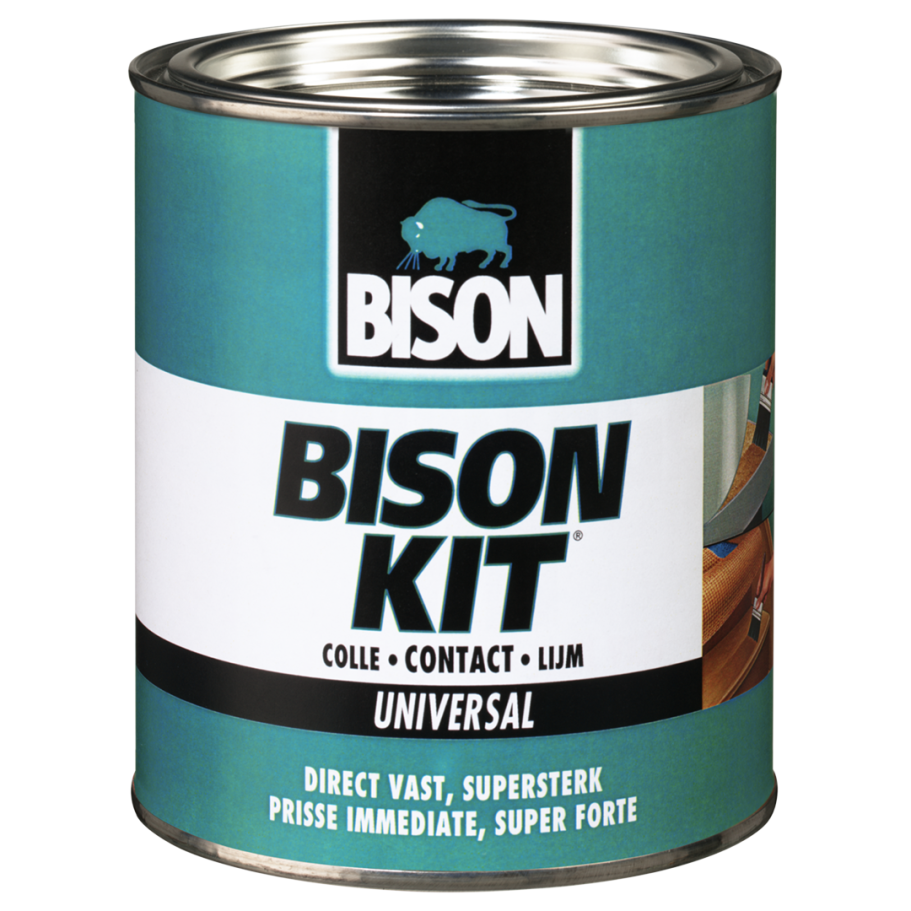
Solvent-based adhesives are a popular choice for bonding plastic, providing strong and durable connections by dissolving the surface layers of the plastics to create a cohesive bond as they evaporate. This adhesive for plastic is particularly effective with materials like PVC, ABS, and polystyrene, making it one of the best glue for plastic in various applications.
Epoxy Resin Glue
Epoxy resin glue is a versatile adhesive for plastic, known for its exceptional strength and durability. As one of the most reliable types of plastic glue, epoxy resin is widely used in both DIY projects and industrial applications for bonding plastic and other materials.
Types of Plastic Glue: Epoxy Resin
Epoxy resin glue consists of two components: a resin and a hardener. When mixed, these components undergo a chemical reaction that forms a rigid, high-strength bond. This makes epoxy resin an ideal choice for demanding applications where a strong, durable connection is required. It works effectively on various types of plastic, including ABS, PVC, and polycarbonate.
Applying epoxy resin glue involves a few critical steps to ensure optimal bonding. First, clean and dry the surfaces to be bonded to remove any contaminants that could interfere with adhesion. Next, mix the resin and hardener according to the manufacturer's instructions, ensuring a thorough blend. Apply the mixture evenly to both surfaces and press them together. Clamping the pieces can help maintain proper alignment and pressure while the epoxy cures, typically within a few hours, though full strength is achieved after 24 hours.
Epoxy resin glue is often considered the best glue for plastic when a strong, permanent bond is needed. Its gap-filling properties and resistance to environmental factors like moisture and temperature fluctuations make it an excellent choice for both indoor and outdoor applications. Whether for repairing household items, automotive parts, or creating custom projects, epoxy resin glue provides a dependable solution for bonding plastic.

Other Types
Top 10 Adhesives Suitable for Plastic Bonding
- Cyanoacrylate Glue: Ideal for quick fixes and small repairs. Best glue for plastic surfaces needing fast, strong bonds.
- Super Glue Gel: Gel formula ensures precision in plastic glue application without drips. Effective for bonding plastic with a strong, durable hold.
- Instant Adhesive for Plastic and Rubber: Designed specifically for bonding plastic and rubber materials. Provides a strong and lasting bond in seconds.
- Epoxy Resin Glue: Offers exceptional strength and durability. Suitable for heavy-duty applications requiring a tough bond.
- Urethane Adhesive: Sets quickly and forms a robust bond. Ideal for automotive, plumbing, and general repairs.
- Solvent-based Acrylic Adhesive: Perfect for bonding acrylics and polycarbonates. Provides a clear, strong bond for various plastic applications.
- Plastic Cement: Solvent-based type of plastic glue used primarily for model kits. Allows precise plastic glue application for detailed projects.
- High-Strength Plastic Welder: Effective on multiple types of plastic. Forms a high-strength bond resistant to impacts and vibrations.
- Multi-purpose Adhesive: Suitable for bonding plastic, rubber, and more. Known for strong, resilient bonds in diverse conditions.
- Industrial-Strength Craft Adhesive: Suitable for plastic, fabric, wood, and metal. Flexible and waterproof, making it ideal for various creative projects.
Choosing the Right Plastic Glue
Choosing the right plastic glue is essential for achieving a strong and durable bond. With numerous types of plastic glue available, understanding their properties and applications can help you select the best adhesive for your needs.
There are several types of plastic glue, each designed for specific bonding requirements. Cyanoacrylate (Super Glue) is ideal for quick fixes and small repairs due to its fast-setting nature. Epoxy Resin offers exceptional strength and is suitable for heavy-duty applications, including structural repairs. Urethane Adhesives provide a robust bond and are often used in automotive and industrial settings. Solvent-based Adhesives work by softening the plastic surfaces, creating a strong bond upon evaporation, and are particularly effective for materials like PVC and ABS. Plastic Cement is commonly used for model kits and detailed projects, providing precise application and a solid bond.
Proper plastic glue application is crucial for achieving the best results. Start by cleaning the plastic surfaces to remove any dirt or grease, which can interfere with adhesion. Depending on the adhesive type, you may need to sand the surfaces lightly. Apply the adhesive evenly, ensuring full coverage. Clamping the pieces together can help maintain pressure and alignment until the bond sets.
The best glue for plastic depends on your specific project requirements. For quick, small repairs, cyanoacrylate is often sufficient. For more demanding applications requiring a durable bond, epoxy resin or urethane adhesives are ideal. Solvent-based adhesives are excellent for rigid plastics like PVC and ABS, while plastic cement is perfect for intricate model work.
By understanding the different types of plastic glue and their applications, you can confidently choose the right adhesive for bonding plastic effectively and reliably.
Tips for Using Plastic Glue
Using plastic glue effectively requires understanding the different types of plastic glue and following proper plastic glue application techniques. Here are some essential tips for achieving the best results when bonding plastic.
Before applying any adhesive for plastic, ensure the surfaces are clean and dry. Dirt, grease, or moisture can interfere with the bonding process. Use a mild detergent and water to clean the surfaces, and allow them to dry completely. For better adhesion, lightly sand the surfaces to create a rough texture.
Selecting the best glue for plastic depends on your project. Cyanoacrylate (Super Glue) is great for quick fixes, while epoxy resin is ideal for heavy-duty applications. Urethane adhesives offer robust bonds for automotive and industrial use, and solvent-based adhesives work well with rigid plastics like PVC and ABS. Plastic cement is perfect for detailed projects and model kits.
Apply the adhesive evenly to both surfaces to ensure a strong bond. Avoid using too much glue, as excess adhesive can create weak spots. Follow the manufacturer's instructions for the recommended amount.
After applying the glue, press the parts together and ensure they are properly aligned. For stronger bonds, clamp the pieces together and maintain pressure until the glue sets. This is especially important for epoxy resin and solvent-based adhesives, which may require longer curing times.
By following these tips, you can ensure successful bonding of plastic materials, achieving strong and durable results with the appropriate adhesive for plastic and proper application techniques.
Common Uses of Plastic Glue
Household Repairs
In homes, plastic glue is commonly used for fixing broken items such as toys, kitchenware, and electronics. Cyanoacrylate (Super Glue) is often the best glue for plastic in these scenarios due to its quick-setting properties and strong bond.
Automotive Repairs
For automotive applications, urethane adhesives and epoxy resin are frequently used. These types of plastic glue offer robust bonds that can withstand the stress and vibrations of vehicle components. They are ideal for repairing plastic parts like bumpers, dashboards, and trims.
Plumbing
Solvent-based adhesives are highly effective for plumbing repairs, particularly for bonding plastic pipes made of PVC or ABS. These adhesives create a strong, durable bond by softening the plastic surfaces and fusing them together upon evaporation.
Crafts and Model Making
Plastic cement is widely used in crafts and model making. This type of glue allows for precise plastic glue application, making it perfect for assembling intricate models and craft projects where detail and accuracy are essential.
Industrial Applications
In industrial settings, plastic glue is used for assembling and repairing plastic components in manufacturing processes. Epoxy resins and urethane adhesives are often chosen for their strength and durability, ensuring reliable performance in demanding environments.
By understanding these common uses and selecting the appropriate adhesive, you can ensure effective bonding of plastic materials for various applications.


